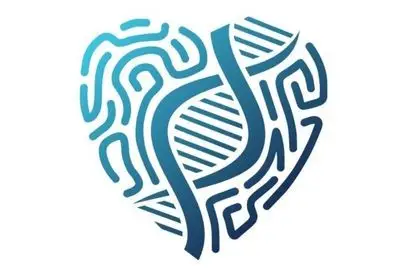
When we talk about a healthy diet, we all immediately have the general ideas at hand: more fruits, lots of vegetables, less meat, enough proteins, hardly any sugar or sweets. But it’s not quite that simple. And so these “rules” are good for the general public, but in the end they are just that: generalities. They do not apply to the individual. Healthy nutrition is individually defined, and what is really healthy is much more complicated to determine.
But let’s start at the beginning: No food can be “healthy” in itself. Whether or not it is healthy depends on multiple factors: How it’s prepared, how much of it is consumed, whether the individual organism can tolerate it – to name just a few examples.
The famous “healthy apple,” for example, can be very unhealthy for someone who has an allergy to it, and a glass of Coca Cola a month certainly has no noticeable negative impact on health. In our conversations, we always receive nods of agreement for these examples, followed by the assumption that this would be an exception. And this thought is spot on, because in fact, when it comes to healthy eating, there are more exceptions than rules.
Blanket statements such as “healthy foods,” “more fruit,” “fewer sweets” are unsuitable in reality.
Experts from our FOODSensor specialist laboratory for food allergies and intolerances can prove this, for example, based on analyses of tens of thousands of allergen samples: Coconut, which is universally touted as a very healthy food, shows a steady rise in immune reactions.
Every year, more people react to this food. Headaches or intestinal problems are only two of the complaints we hear. T s is especially true for people who pay attention to a diet postulated as healthy and balanced and follow recommendations.
Of course, generalized truths are convenient and easy to remember. But when they turn into the opposite and people get sicker instead of healthier, it’s time to say goodbye to them. That’s why Origem-Medical Group’s companies continue to focus on personalized health, working every day to find solutions which actually help each person as an individual.
More news





